In a dramatic turn amid escalating US-China trade tensions, the Trump administration announced on September 15, 2025, that a "framework deal" has been reached with Beijing to resolve the long-standing saga over TikTok's future in the United States.
This agreement, finalized after marathon negotiations in Madrid and set for confirmation in a call between President Donald Trump and Chinese President Xi Jinping on September 19, averts what would have been a nationwide ban on the app by December 16.
TikTok, the short-video platform with 170 million US users, has been under fire since 2020 for its ownership by ByteDance, a Beijing-based company. The deal spins off TikTok's US operations into a new American entity, ostensibly addressing national security concerns while keeping the app alive. But as details emerge, questions swirl about who really benefits—and at what cost to free expression and competition.
Breaking Down the Investment and Ownership Structure
The core of the deal involves ByteDance divesting control of TikTok's US business to a consortium of American investors, creating a standalone company to handle domestic operations. According to reports from Reuters, The Wall Street Journal, and CNBC, the new entity will see US investors holding approximately 80% ownership, with ByteDance retaining a minority stake of 19.9%—just below the 20% threshold that could trigger veto powers or regulatory scrutiny. This structure ensures majority American control while allowing ByteDance to maintain a financial foothold, potentially licensing its proprietary recommendation algorithm to the new company.
The investor group is a mix of established Big Tech players, private equity giants, and venture capital firms, reflecting a collaborative effort among US financial heavyweights. Leading the pack is Oracle Corporation, the cloud computing behemoth, which will take a significant stake and continue managing TikTok's US user data on its Texas-based servers—a role it has held since 2020 under "Project Texas" to segregate American data from Chinese access. Oracle's involvement, spearheaded by co-founder Larry Ellison (a known Trump ally), positions it as the operational linchpin, overseeing data security and content moderation.
Joining Oracle are private equity firm Silver Lake Management, which specializes in tech investments and brings deep pockets for the estimated $50 billion-plus valuation of TikTok's US arm; and Andreessen Horowitz, the prominent VC firm known for backing disruptive startups like Meta and Airbnb. Existing ByteDance investors rolling over stakes include Susquehanna International Group (a quantitative trading firm with algorithmic expertise), General Atlantic (a growth equity player), and KKR (a global investment powerhouse).
While exact percentage breakdowns within the 80% US share remain under wraps pending final approvals, sources indicate Oracle and Silver Lake could command the largest slices—potentially 30-40% combined—due to their infrastructure and financing roles. New investors like a16z are expected to fill out the rest, diluting Chinese influence without fully severing ties.
The deal's financial mechanics are intricate: ByteDance will receive proceeds from the sale, but the consortium's funding comes from a blend of equity investments, debt, and rolled-over stakes. Oracle maintains its lucrative cloud contract, estimated at hundreds of millions annually, while the group commits to an American-dominated board, with one seat possibly designated for US government oversight. This setup, expected to close within 30-45 days, mirrors a nearly finalized April 2025 proposal derailed by Trump's tariff hikes on China but revived through high-level diplomacy.
Who Controls What?
Under the framework, control shifts decisively to the US side. The new company will operate independently, with Oracle handling all US user data storage and algorithmic licensing from ByteDance—ensuring no direct Beijing access. Content moderation for American users will be US-based, addressing past fears of Chinese censorship bleeding into Western feeds. ByteDance's 19.9% stake grants it observer status but no voting rights on key decisions like data policy or partnerships.
The consortium's diverse makeup means shared governance: Oracle likely leads on tech infrastructure, Silver Lake on financial strategy, and a16z on innovation and growth. Susquehanna's involvement could influence algorithmic tweaks, given its trading algorithms expertise. Overall, this dilutes ByteDance's prior 100% control, but critics argue the minority stake still gives China a backdoor influence via profit-sharing and algorithm dependency.
Censorship Risks: Majority Ownership in Questionable Hands
While the deal touts "American control," the 80% US ownership is dominated by entities with histories of content suppression and surveillance complicity, raising alarms about domestic censorship. Oracle, for instance, has faced backlash for its CIA ties and role in NSA data programs revealed by Edward Snowden, including cloud services that enabled bulk surveillance. Silver Lake's portfolio includes stakes in companies like Dell, which have navigated government contracts with minimal pushback on data access. Andreessen Horowitz, while innovative, has funded platforms criticized for algorithmic bias and echo chambers that amplify misinformation.
This majority share—held by a tight-knit group of Big Tech and finance insiders—could entrench oligarchic control over what 170 million Americans see on their feeds. Unlike ByteDance's overt Chinese ties, these owners operate under US laws like Section 230 and FISA, which have justified warrantless surveillance and pressure to censor "harmful" content—from political dissent to health misinformation. With TikTok's algorithm now licensed and modifiable by this group, expect subtle shifts: amplified narratives favoring corporate or government interests, suppressed competition from indie creators, and data harvested for ad targeting or worse. In essence, the deal swaps Beijing's heavy hand for Washington's, potentially stifling diverse voices under the guise of security.
National Security Pretext? Oligopolies and Cultural Control Exposed
The US could have easily enforced a full ban if genuine national security threats loomed large. Legislation like the 2024 Protecting Americans from Foreign Adversary Controlled Applications Act (PAFACA) empowered the president to block TikTok outright, citing risks of data espionage or propaganda from ByteDance's Beijing obligations. Yet, despite Supreme Court upholding the law in January 2025 and TikTok briefly going dark, Trump has extended deadlines four times—first for 75 days in January, then April, June, and now to December—opting for negotiation over prohibition. This suggests the "threat" was overstated: no concrete evidence of mass data breaches or cyber intrusions has surfaced, beyond vague fears of deepfakes or influence ops.
Instead, the push appears rooted in cultural indoctrination concerns and economic dominance. Critics, including Amnesty International, argue the ban rhetoric masked worries over TikTok's disruption of US social media norms—its raw, youth-driven content challenging sanitized feeds from Meta or YouTube. But the real driver? Curbing competition to preserve oligopolies. TikTok's explosive growth siphoned ad dollars from incumbents, forcing platforms like Instagram to copy its Reels feature. Big Tech—Oracle (cloud rival to AWS), Microsoft (with LinkedIn and Bing), and investors tied to Google/Meta ecosystems—largely collaborates behind closed doors, from antitrust lobbying to data-sharing pacts. This deal solidifies that: by folding TikTok into their fold, they neutralize a wildcard, control the algorithm, and monetize 170 million users without Beijing's strings.
In the end, the TikTok deal is less a security win than a consolidation of power. It keeps the app humming, but at the expense of true independence, handing the reins to a cartel that may censor as aggressively as any foreign adversary—just with American accents. As users scroll on, the real question is: Who now programs the feed?

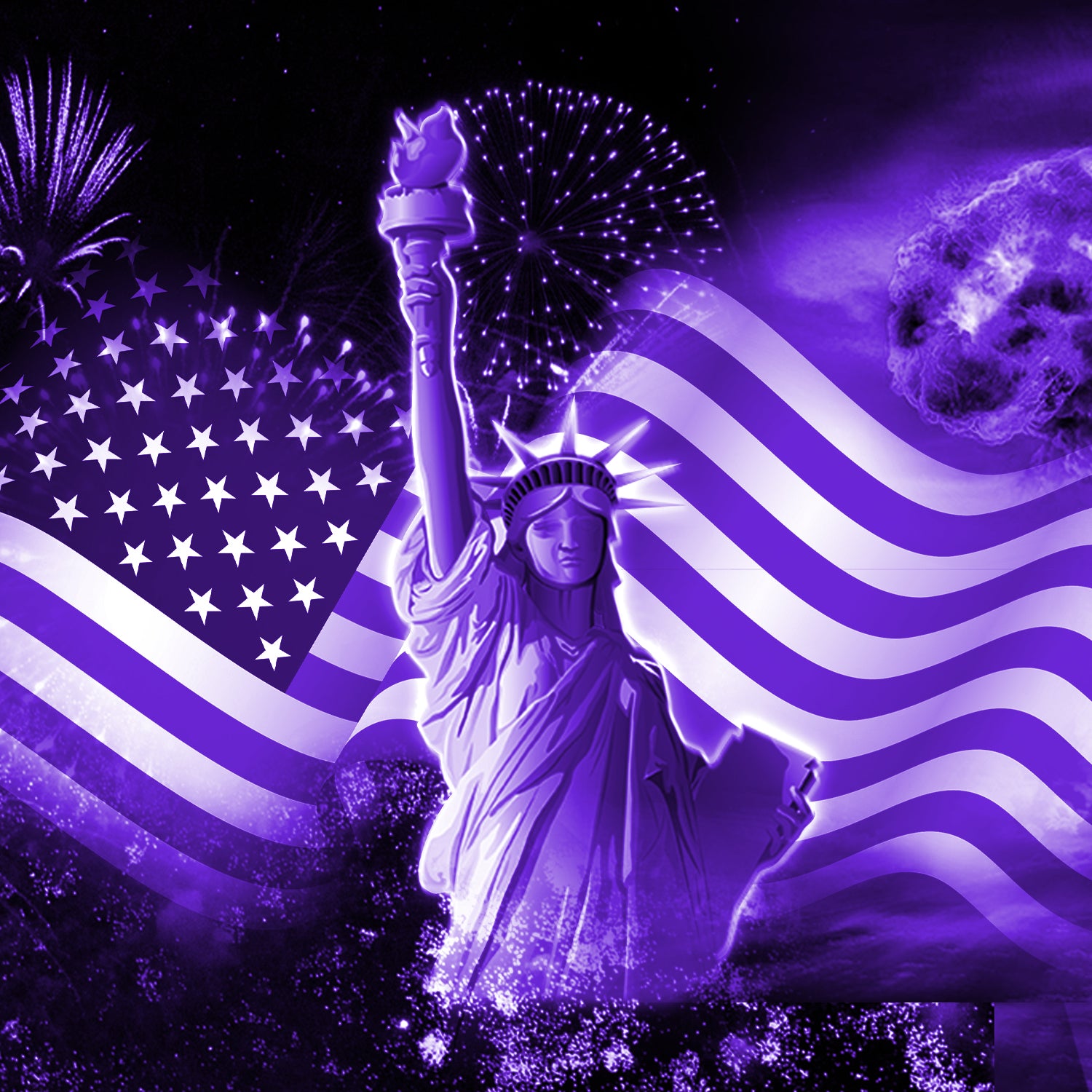
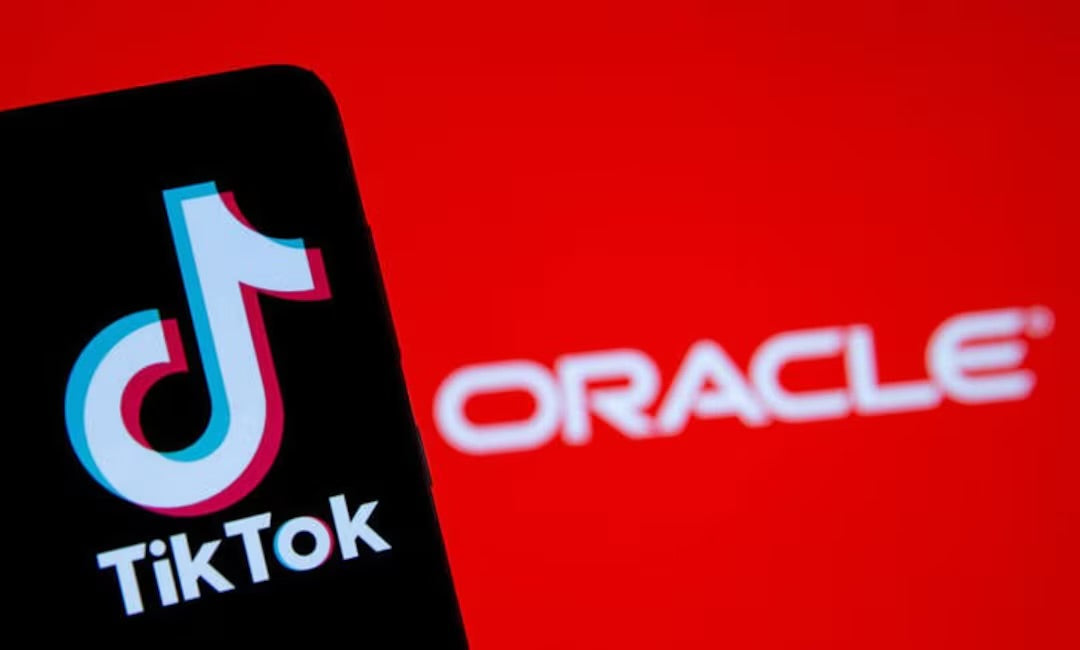

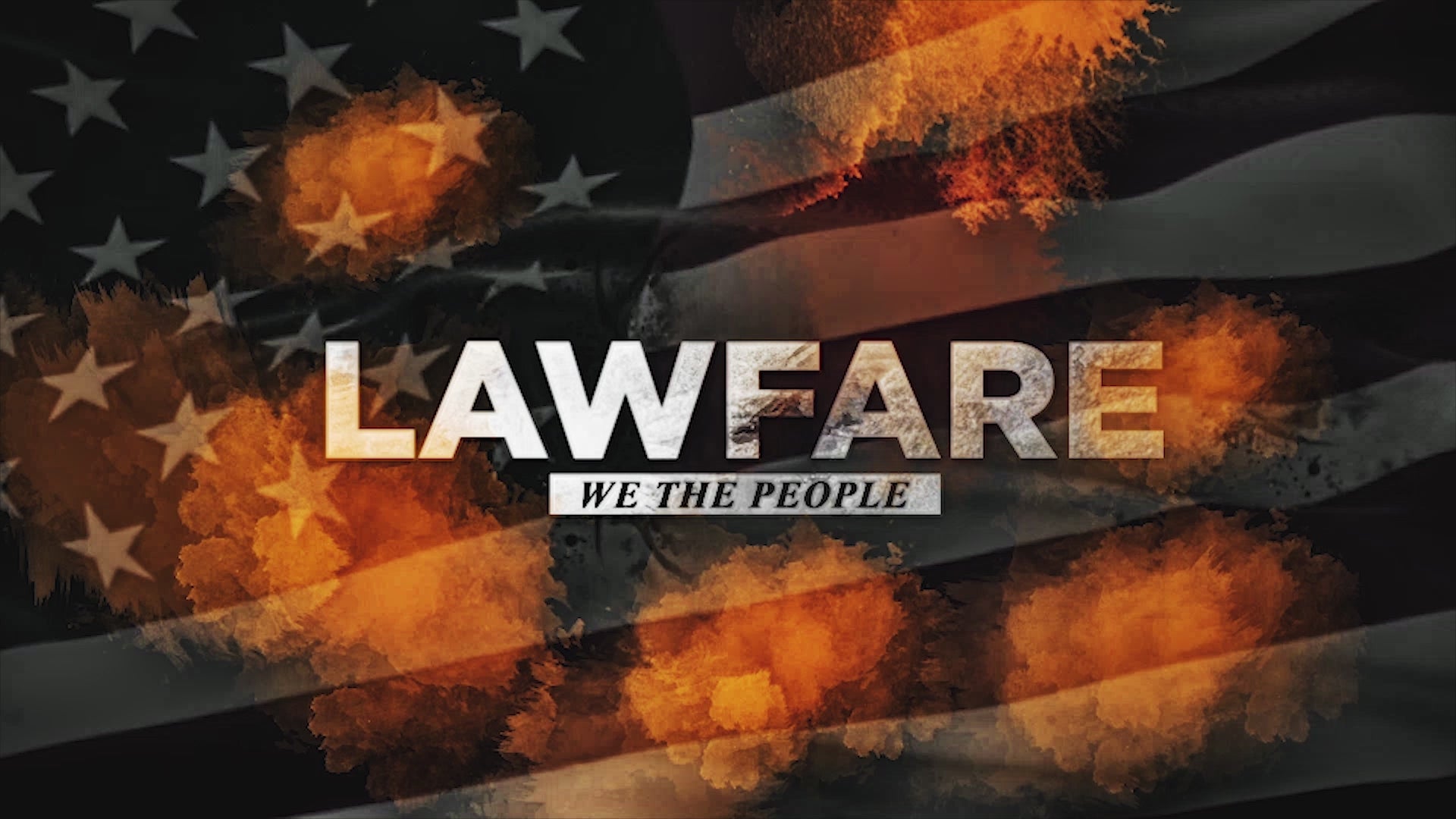
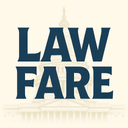
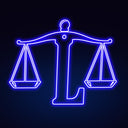
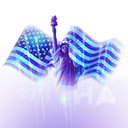
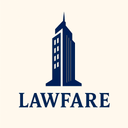
Share:
Luigi Mangione's Legal Victory: Terrorism Charges Dropped, But Justice for Brian Thompson Remains Elusive
The Federal Reserve’s 0.25% Rate Cut: Implications, Plans, and Market Dynamics